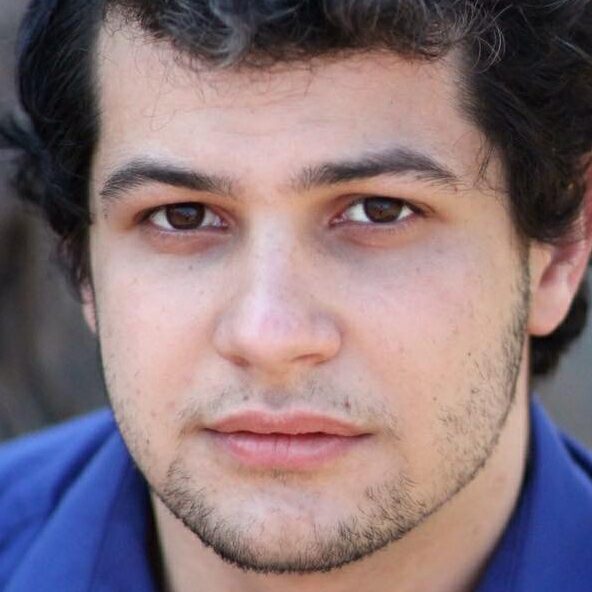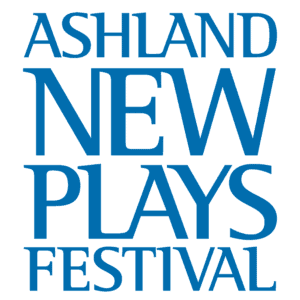Playwright Profile
Carlos-Zenen Trujillo
Working on:
La Vista Encandilada
2021 New Voices Emerging Playwright

Currently residing: Portland, Oregon (actually I live in the greater Portland area [Hillsboro])
Grew up in: I grew up in three places. I was born in Bejucal, Cuba, and spent my early childhood in Cuba. I moved to Ontario, California, when I was five until I was ten. I hated Ontario, so thankfully my parents moved us to Portland, where I spent my adolescence.
Creative beginnings: I was always interested in storytelling, I blame that on my abuelo and the fact that there were only three TV channels in Cuba and two of them were news. We had to really create our own amusement, so my family is full of master storytellers. We would gather around our front porch, fueled by Cuban coffee, and tell stories all through the night, everyone trying to build off the last story and one-up each other. It was such a perfect ritual, and looking back, it was my first encounter with Theatre.
Playwriting inspiration: I’ve been very lucky to have a wide community of theatre makers who have fostered my playwriting. I fully acknowledge that I have only been able to do this work because of the support of my community. Same goes for my family, their support is invaluable. Finally, I also credit my faith and my Orishas for opening up so many doors for me. For me, playwriting is a religious experience. Every play I write is dedicated to my saints and ancestors.
Writing process: Very chaotic. I will spend days without touching a play, then all of a sudden at three AM I’ll wake up sweating and write fifty pages. No way to predict when it’ll happen, it just does.
The origin of your play La Vista Encandilada: As a queer Cuban, the subject of government-sponsored violence against queer folks has always pricked at the back of my neck since I was old enough to know that it happened. I grew up surrounded by gay and trans people, and I never knew about this until much later in life because even today the stigma is so great for these older people who lived through it they rather not talk about it. I feel it is my duty to those who died in the camps, to tell the story as best as I can and take our history out of the darkness and into the light. That’s why the play is named “Vista Encandilada”, it’s a Spanish word for the painful, dazzling feeling you get when the lights are suddenly flipped on.
Favorite moment or line: "Cuba is a dream. Cuba was a nightmare."
Hope for audience takeaways: Dread, pain, joy, loss and anger. I want this play to feel like a wringing sensation.
Most looking forward to at ANPF: I’m excited to see how it develops. Honestly I can’t predict what the end product will look like, so I’m just holding tight and enjoying the ride.

